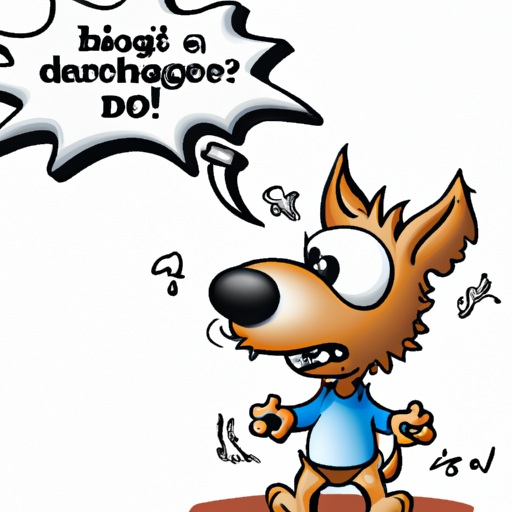There are times when you may find yourself asking, “Why are small dogs so annoying?” This query is not uncommon, especially for those who have had a challenging encounter with a pint-sized pooch. However, to call small dogs annoying is a blanket statement that requires a deeper understanding of why these little creatures behave the way they do.
In this article, we will explore the potential reasons behind the behaviors of small dogs that some people might find irritating. We will also provide insights on how to manage these behaviors and foster a more harmonious relationship with your furry friends.
- Table of Contents
- Misunderstood Behaviors
- The Small Dog Syndrome
- Training and Socialization
- Breed Traits
- How to Manage “Annoying” Behaviors
Key Takeaways
– Small dogs can seem annoying due to misunderstood behaviors, small dog syndrome, lack of training and socialization, and inherent breed traits.
– The term “annoying” is subjective and often stems from a lack of understanding.
– Proper training, socialization, and understanding of breed traits can help manage these behaviors.
Misunderstood Behaviors
Small dogs, like their larger counterparts, have a wide array of behaviors and characteristics. For example, they might bark excessively, jump on people, or show signs of aggression. These behaviors, while they may seem annoying, are often a way for the dog to communicate or react to their environment.
According to a study published in Applied Animal Behaviour Science, small dogs tend to show more problematic behaviors than larger dogs. However, this is not because small dogs are naturally more annoying, but because their behaviors are often misunderstood or mishandled.
At OneTopDog, we emphasize that understanding your dog’s behavior is crucial to building a strong bond.
The Small Dog Syndrome
One of the leading theories to explain why small dogs can be perceived as annoying is the Small Dog Syndrome. This term refers to a collection of behaviors that small dogs exhibit, including excessive barking, aggression, and fear-based defensive actions.
These behaviors, however, are not inherent to small dogs. According to Cesar’s Way, they are often the result of the way we treat small dogs. We tend to coddle and protect them more than larger dogs, leading to the development of these problematic behaviors.
Training and Socialization
Proper training and socialization are crucial in managing the behaviors of small dogs. Unfortunately, small dogs often miss out on these important aspects of their growth and development.
A common misconception is that small dogs don’t require as much training or socialization as larger dogs. This is far from the truth. In fact, small dogs need just as much, if not more, training and socialization to learn proper behavior.
OneTopDog provides useful tips on how to effectively train and socialize your small dogs.
Breed Traits
Different dog breeds have different traits. Some small dog breeds, such as Terriers and Dachshunds, were bred for hunting and thus have a high prey drive. These traits can make them more energetic, vocal, and seemingly “annoying.”
Understanding your dog’s breed and inherent traits will go a long way in managing their behavior. For more information on different dog breeds and their traits, check out OneTopDog’s breed guide.
How to Manage “Annoying” Behaviors
Managing the behaviors of small dogs involves a combination of proper training, socialization, and understanding of their breed traits.
Here are some strategies:
1. Consistent Training – Small dogs benefit from consistency and routine. Regular training sessions can help in teaching them proper behavior.
2. Socialization – Expose your small dogs to different environments, people, and other animals. This helps them become well-adjusted and less reactive.
3. Understanding Breed Traits – Learn about your small dog’s breed. This will give you an insight into their potential behaviors and how to manage them.
Frequently Asked Questions
1. Are all small dogs annoying?
No, not all small dogs are annoying. The term “annoying” is subjective and often results from a lack of understanding or mismanagement of the dog’s behavior.
2. How can I manage my small dog’s annoying behavior?
Consistent training, proper socialization, and understanding the dog’s breed traits are effective ways to manage their behavior.
In conclusion, it’s essential to understand that small dogs are not inherently annoying. Their behaviors can be the result of several factors, including miscommunication, lack of socialization and training, or inherent breed traits. With understanding, patience, and consistent training, you can manage these behaviors and enjoy a harmonious relationship with your small dog.



